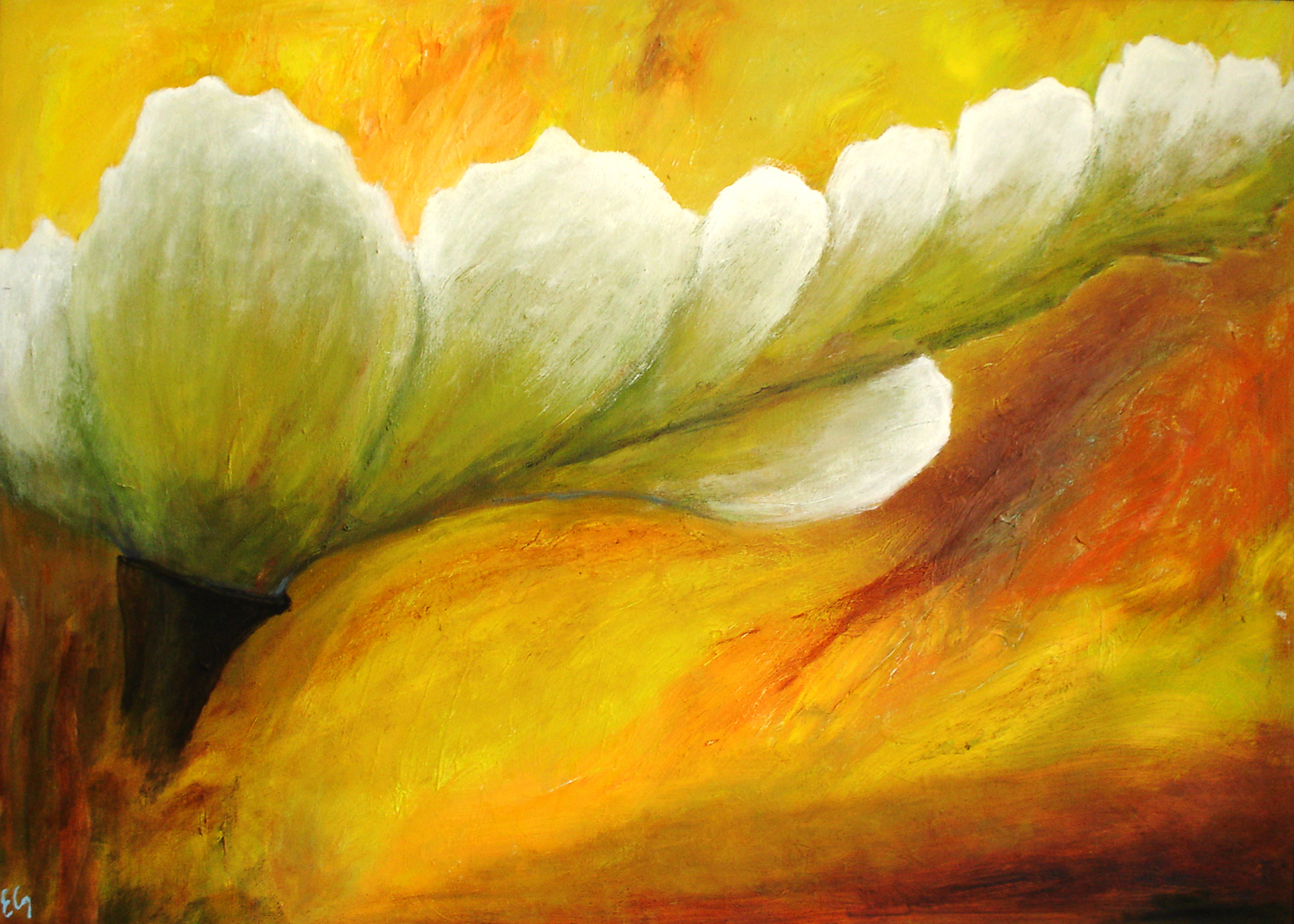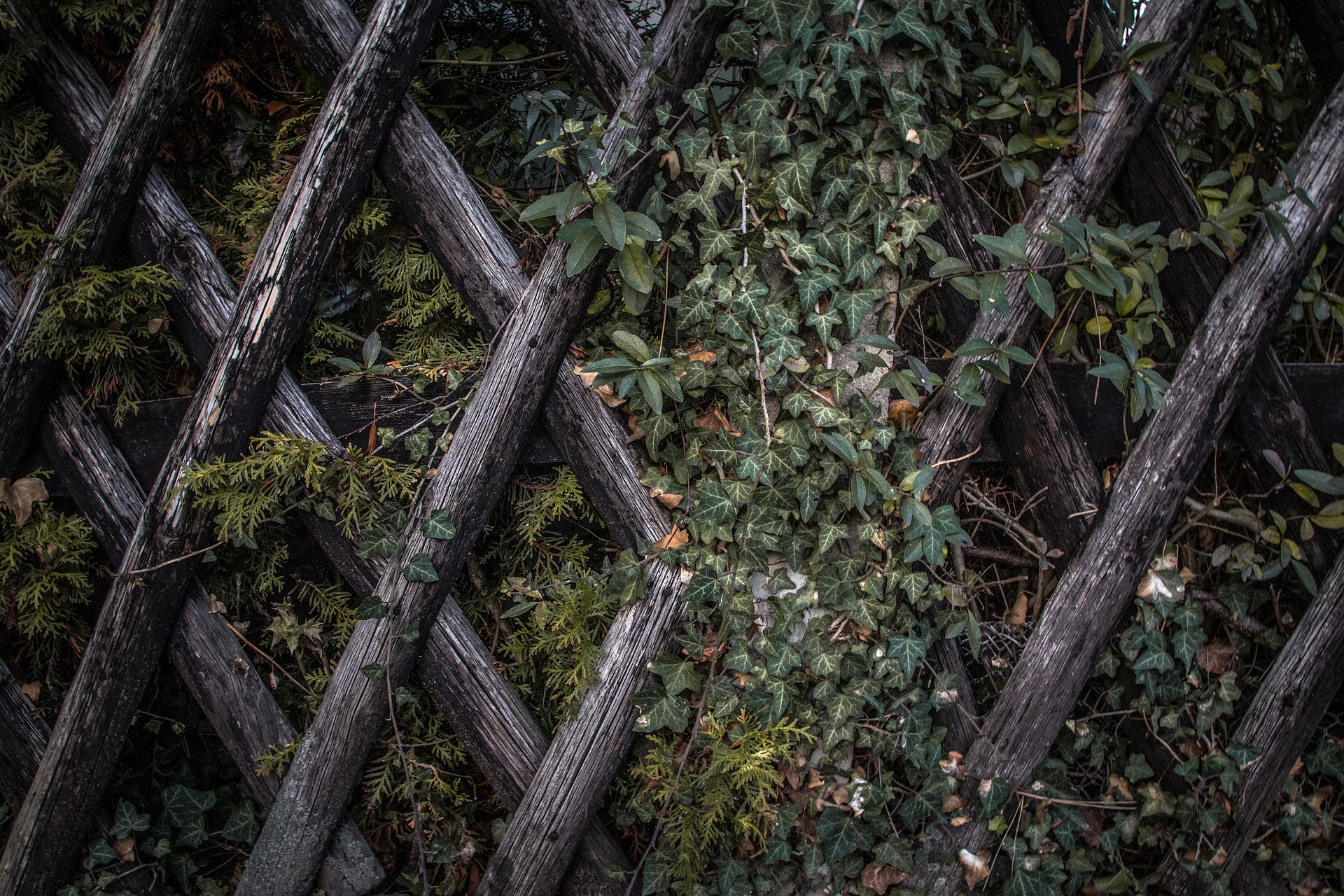For a country notorious for its easy smile and sunny promises, 2020 has come with a punch or three. Among other things, it has been a year for grief: sorrow at lost life and dreams deferred, sorrow amid a troubling set of unresolved injustices.
But when grief gets loud in a society unused to its practice, it can also get confusing, even performative and divisive. On what basis can a Christian discern between sorrow that is godly and required, and the sorrow that blames others and pities itself?
Stuart McAlpine takes up this question on Breaking Ground this week, searching for a theology of lament in an essay titled “Good Grief.” Borrowing from the apostle Paul’s distinction between worldly versus godly sorrow, McAlpine’s tour through both the Old and New Testaments offers a clarifying roadmap to those feeling lost and uncertain before the cultural cues of our day.
“There is a journey to forgiveness and healing, to consolation and joy, to restoration and renewal that cannot avoid passing through the vale of tears, the Valley of Baka that the psalmist describes as the necessary passage for all ‘whose hearts are set on pilgrimage’ (Psalm 84:6),” writes McAlpine. “The ‘reaping’ is not without ‘weeping.’”
But which tears cleanse, and which corrode? He offers a few signposts:
- Lament is not primarily rooted in our needs, but in the character and heart of a reconciling and redeeming God.
- Lament is not an occasional flavor of the month, but an integral part of the DNA of normal relationship with God.
- Lament arises unannounced out of the humble heart. “Hard-hearted pride knows nothing of soft-hearted weeping. Self-confidence, especially in one’s own righteousness, cannot and does not lament.”
- Godly sorrow is known by its fruits. Quoting Paul, “what earnestness, what eagerness to clear yourselves, what indignation, what alarm, what longing, what concern, what readiness to see justice done.” The humility of godly affections leads to the obedience of godly actions. Where worldly sorrow yields a self-focused passivity, godly sorrow inspires a forward-, outward-looking passion.
- Worldly sorrow refuses resurrection life. Godly sorrow waters hope.
- Lament is fundamentally bound up in prayer: If we do not pray much, we will not lament much.
This last law of the spiritual life is echoed in another moving essay, “Praying Through the Political Divides in the Family.” In it, young Washingtonian Aryana Petrosky Roberts reflects on the reorienting gift of prayer amid intractable political differences between her father and her. Recalling her summertime visit home to rural Nevada, a standoff between locals and BLM protestors spurred on a spewing of familial fire without solution.
“I knew we were about to enter the point where we both had deaf ears, loud mouths,” she says of her heated conversation with her father. “I knew then, as I know now, that political debate doesn’t change minds. I knew that I loved him. I knew that I don’t know everything. I knew that I might easily be a fool.
“So, on a whim, I asked my dad if he wanted to pray with me.”
What happened next didn’t resolve the disagreement, but it might have done something more important in terms of recalibration and repairing the breech. As we hush ourselves into this season of Advent, a quieter one, perhaps, than previous Decembers, it’s worth embracing this present waiting as an invitation to pray. As a friend of mine likes to say, there’s no more strategic use of time.






